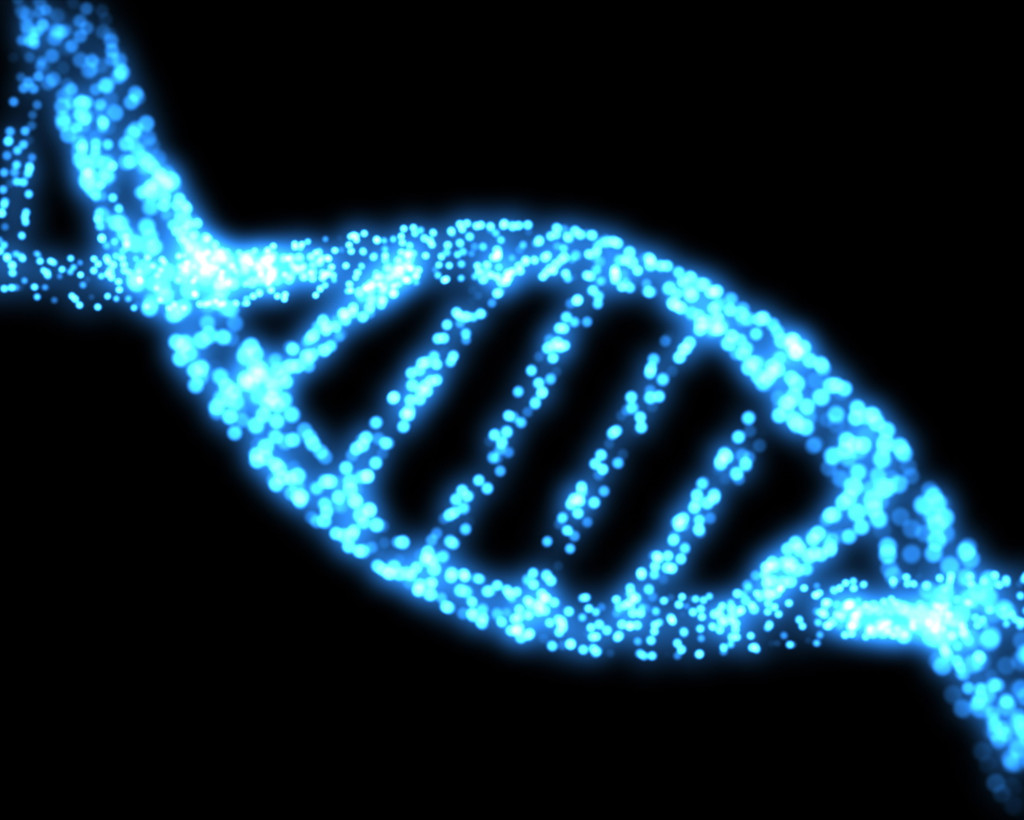- Genetic diseases, influenced by age and genetic factors, significantly impact seniors’ lives and require awareness.
- Alzheimer’s, Parkinson’s, Celiac disease, heart disease, and glaucoma are prevalent genetic diseases among seniors.
- Symptoms vary across these diseases, but early diagnosis and respective treatments can help manage them.
- Supported living, home care, medications, support groups, and genetic counseling can aid seniors dealing with genetic diseases.
- Proactive knowledge, early diagnosis, and support resources can improve seniors’ quality of life with genetic diseases.
As people age, they become susceptible to various diseases due to the declining functions of their bodies. But did you know some of these conditions may also be inherited through genetic factors? Genetic diseases that happen to seniors can have significant impacts on their lives and those of their families. Therefore, knowing about these diseases, their symptoms, and the possible treatment options is essential.
Genetic Diseases Among Seniors
Genetic diseases are caused by an abnormality in people’s DNA or genes. These abnormalities can be inherited from parents or occur spontaneously during the person’s lifetime. As people age, they become more prone to developing genetic diseases due to the natural decline of their body functions and increased susceptibility to environmental factors. Here are some of those genetic diseases common among seniors.
1. Alzheimer’s Disease
Alzheimer’s is a progressive brain disorder affecting memory, thinking, and behavior. It’s among the most common genetic diseases that happen to seniors, with research showing that genetics may play a role in developing the condition. Alzheimer’s disease may be inherited through specific genes, with the risk increasing if multiple family members have encountered the disease. There’s no known cure for Alzheimer’s, but early diagnosis and treatment can help manage the symptoms.

2. Parkinson’s Disease
Parkinson’s disease is a movement disorder that affects our nervous system. Although the exact cause of Parkinson’s disease is unknown, some genetic mutations may predispose someone to the disease. Parkinson’s disease is prevalent in seniors, and its symptoms may include tremors, stiffness, and balance problems.
3. Celiac Disease
Celiac disease is a digestive disorder that affects how your body processes gluten. The condition can arise at any age but is more prevalent in seniors. Genetics plays a role in developing Celiac disease; if a family member has the disease, the risk may increase for other family members. Symptoms of Celiac disease can include gastrointestinal problems, fatigue, and skin rash.
4. Heart Disease
Heart disease is a term used to describe various conditions that affect the heart’s functions. Genetic factors can increase the risk of developing heart disease, especially in seniors. The symptoms of heart disease include chest pain, shortness of breath, and irregular heartbeat.
5. Glaucoma
Glaucoma is a group of eye conditions that damages the optic nerve, leading to vision loss. Genetics can increase the risk of glaucoma, and it’s more prevalent in seniors. Symptoms of glaucoma can include blurry vision, colored halos around lights, and eye pain.
Dealing With These Diseases
If you or someone you know has been diagnosed with a genetic disease, finding ways to deal with it is essential. Here are five ways to do that:
Supported Living
These diseases can leave someone disabled even during treatment. This is why you need to look for local Supported Independent Living (SIL) vacancies. These vacancies will offer you all the support you need to deal with these diseases efficiently.
Home Care
Family members can also care for seniors with genetic diseases in their homes. This includes assistance with daily activities, medication management, and emotional support. Home care can help improve the quality of life for seniors with genetic diseases.

Medications
Some genetic diseases have treatments available, and medication can help improve symptoms and slow down the progression of the disease. Consult a doctor to determine the best treatment plan for your condition.
Support Groups
Joining a support group can benefit seniors with genetic diseases as they provide a platform to share experiences, advice, and emotional support. Support groups also offer educational resources and advocacy programs to understand better and manage the disease.
Genetic Counseling
Genetic counseling is a service that helps individuals understand the role genetics play in their health. This can involve assessing family history, providing information about potential genetic risks, and discussing possible steps to manage or prevent the disease.
As seniors, it’s essential to be aware of the potential for genetic diseases and take necessary precautions to manage them. Understanding your family medical history and seeking early diagnosis and treatment can significantly impact your well-being as you age. Additionally, support from loved ones and resources such as support groups can make a significant difference in facing these diseases. By being proactive and knowledgeable, people can strive for better health and quality of life as seniors.






